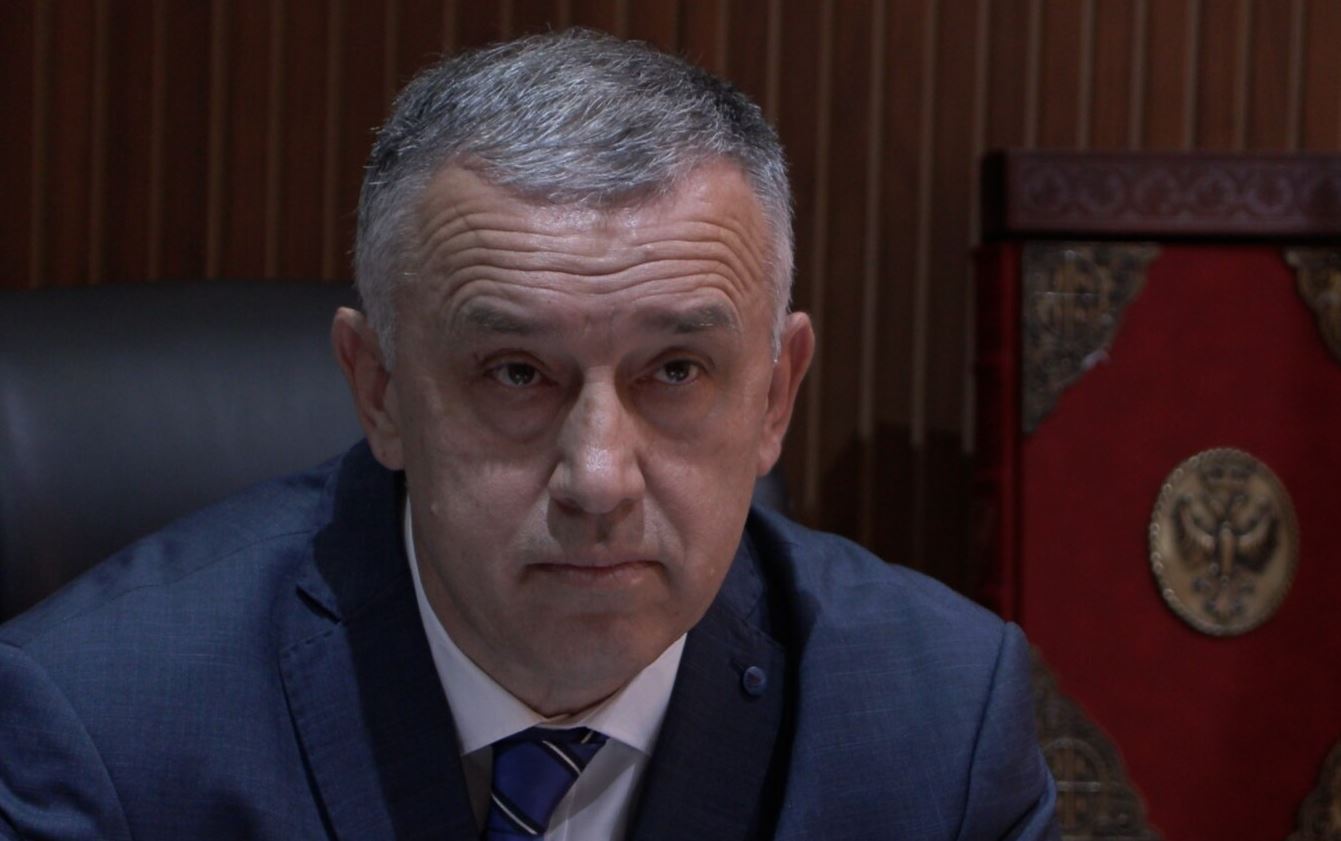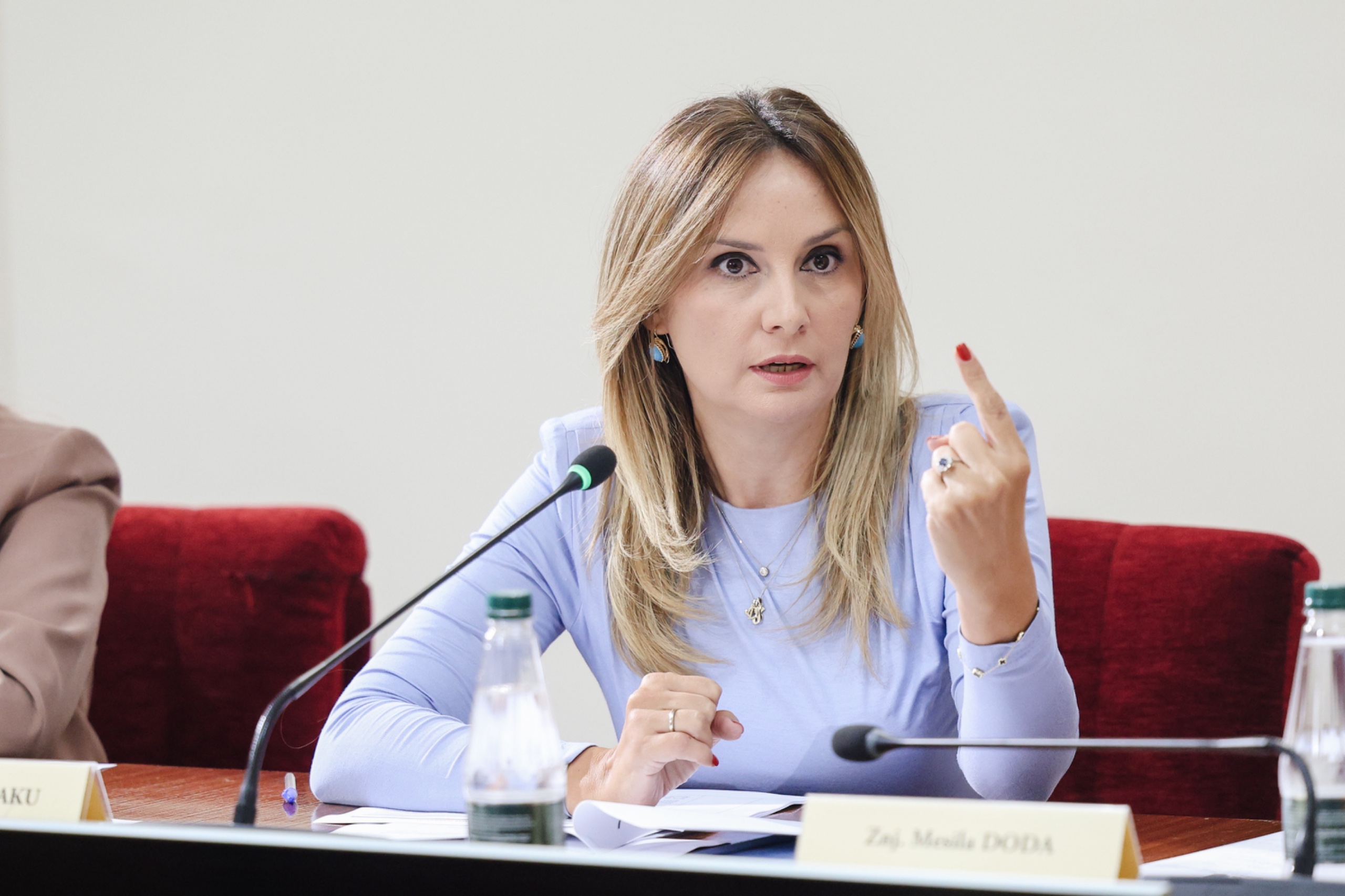
Kosovo introduced the Joint Intelligence Network Against Money Laundering, a mechanism designed to investigate, prevent, and combat money laundering, organised crime, corruption, and the financing of terrorism.
Kosovo announced on Thursday the creation of a Joint Intelligence Network Against Money Laundering that brings together government institutions, financial actors, and social stakeholders in a coordinated effort to address illegal financial activities.
Minister of Finance Hekuran Murati emphasised that this network will enable the coordination of efforts between different public and private stakeholders to combat unlawful financial activities.
“This is a critical step to investigate activities that may appear legitimate but actually conceal money laundering operations,” Murati stated.
He further explained that, “if each institution examines a particular activity separately, it is difficult to conclude that we are dealing with a money-laundering scheme. Therefore, such a collaborative grouping between institutions is necessary to address these seemingly legitimate activities.”
Thursday’s official launch was attended by Murati, Minister of Internal Affairs Xhelal Svecla, Acting Chief Prosecutor of Kosovo Besim Kelmendi, Governor of the Central Bank of Kosovo Ahmet Ismaili, and British Ambassador to Kosovo Jonathan Hargreaves.
During a meeting on Wednesday with key representatives from institutions combating economic crime and corruption, Acting Chief Prosecutor Besim Kelmendi stated that the time has arrived for enhanced inter-institutional cooperation in the fight against corruption, organised crime, and money laundering.
According to a press release by the Chief Prosecutor’s Office, the purpose of the meeting was to discuss enhancing inter-institutional cooperation to facilitate effective investigations based on intelligent data and the tracking of money movements.
Kelmendi stressed on Wednesday that “the ongoing situation, where responsibilities are divided, and common goals remain unfulfilled, is no longer tolerable.”
During this meeting he called for all institutions to show concrete and continuous commitment to achieve results, while also emphasising that “he would demand accountability from every institution for their efforts, ensuring that any lack of commitment would not go without consequence.”
This mechanism was created with the support of the United Kingdom.
“Money laundering is a serious threat to Kosovo’s economy, enabling corruption and undermining growth. Today Kosovo took an important step to address this threat, launching its Joint Money Laundering Intelligence Network, JMLINK, modelled after Great Britain’s taskforce,” British Ambassador Hargreaves wrote on X on Thursday.
In February, Central Bank Governor Ismaili explained in an interview for the Kallxo Përnime TV programme that a cash operations regulation, which stresses the euro as Kosovo’s only official currency was one of the measures reinforced to combat money laundering by regulating and licensing cash imports.
The Serb majority municipalities had been using Serbian dinar currency, which Ismaili explained were funnelled into financial institutions not licensed by the Central Bank, mainly in the Serb-majority northern region of Kosovo.
Ismaili claimed that in 2023 alone, over 200 million euros worth of Serbian dinars entered Kosovo from Serbia through illegal routes.
“The Central Bank was neither informed nor involved in the process of this money entering the country. We don’t know how secure these 200 million euros are; these funds have been channelled into institutions not licensed by the Central Bank,” Ismaili explained.
The Joint Intelligence Network Against Money Laundering is expected to make it easier for institutions to be informed and aware of similar moves.


